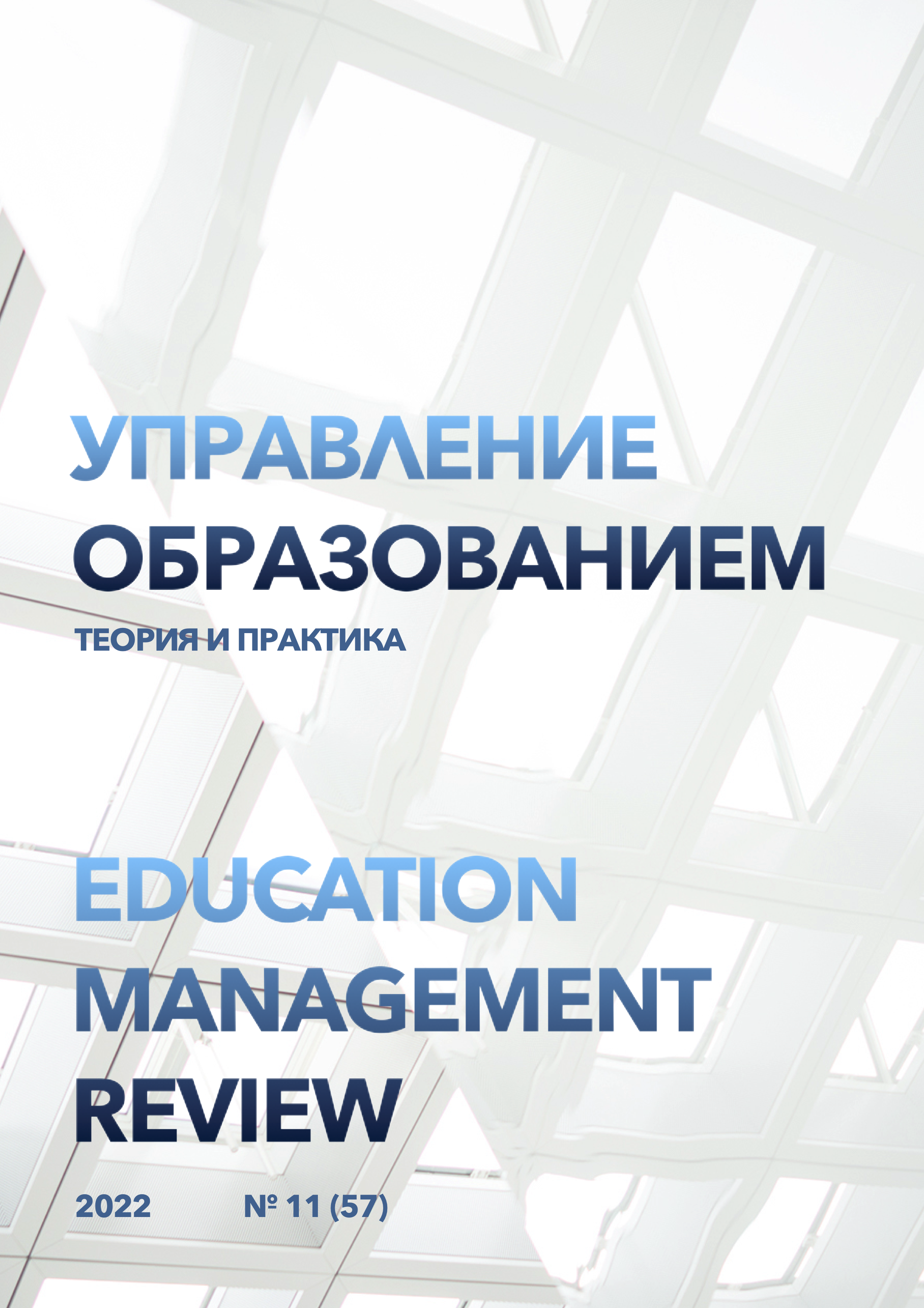Gamification as one of the forms of teaching English
DOI:
https://doi.org/10.25726/a7059-3930-9577-fKeywords:
game, gamification, foreign language, interactive game spaceAbstract
The article is devoted to the use of innovative, active forms and methods of teaching, advanced pedagogical technologies in the educational process, in particular in English lessons. The ideal learning environment that can activate the mental activity of students and encourage them to make non-standard decisions that contribute to the creation of a conscious learning experience is a game. The authors point out the importance of using elements of the game and its varieties in foreign language lessons for the training of future specialists. Game methods based on smart technologies contribute to the development of the concept of personality-oriented learning, which underlies the basic principles of modern teaching methods. Using computer technologies, students actively participate in the educational process through interaction with the outside world. It is obvious that the implementation of a personality-oriented approach, supplemented by gamification, promotes the development of autonomy, creative thinking, the ability to plan and evaluate, ensures readiness for continuing education, thereby forming a transition from a passive learning process to an active and interactive one. Successful integration of gamification contributes to the development of a personality that strives for the maximum realization of its capabilities, which in the end should form a stable interest in new knowledge among students.
References
Безымянцева В.И. Методика преподавания иностранного языка в школе. М.: Куб, 2015. 288 с.
Бондаревская Е.В. Гуманистическая парадигма личностно-ориентированного образования // Педагогика, 1997. № 4. С. 18-25.
Бурлаков М.П. Связь методики обучения лексике иностранного языка с лингвистикой и психологией // Иностранные языки, 2004. № 3. С. 3-5.
Вербицкий А.А. Активное обучение в высшей школе М.: Высшая школа, 1991. 207 с.
Гришкова Р.О. Психологические условия реализации личностно-ориентированного обучения иностранному языку студентов нефилологических специальностей высших заведений образования: дисс. канд. пед. наук. Киев, 2000. 196 с.
Демидова Т.Е., Тонких А.П. Реализация компетентностного подхода в вузе // Проблемы подготовки учителя для современной российской школы : сборник материалов: Тезисы докладов Всероссийской научно-практической конференции преподавателей педагогических учебных заведений: программы учебных дисциплин, специальных курсов и семинаров для студентов педагогических вузов и колледжей, обеспечивающие подготовку к работе по Образовательной системе "Школа 2100", Москва, 02–03 февраля 2007 года. М.: ООО "Баласс"; Издательский Дом РАО, 2007. С. 36-39. Зимняя И.А. Педагогическая психология: учеб. пособие для вузов. Ростов на-Дону: Феникс, 1997. 480 с.
Кузякина Н.А. Особенности обучения иностранной лексике как необходимая составная обучения иностранному языку в военном авиационном вузе // Инновационное развитие профессионального образования, 2015. № 1 (07). С. 74-79.
Мазайкина И.О., Ямчинская Т.И., Громов Е.В., сост. Личностно-ориентированные технологии обучения иностранным языкам. Винница, 2017. 76 с.
Письменная Н. Личностно-ориентированный подход в контексте гуманизации учебновоспитательного процесса // Проблемы подготовки современного учителя. 2013. №8 (1). С. 250-254.
Сериков В.В. Личностный подход в образовании: концепция и технологии. Волгоград, 1994. 164 с.
Ягупов В.В. Педагогика: учебное пособие. Киев, 2003. 560 с.
De-Marcos L., Garcia-Gabot A., Garcia-Lopez E. Towards the Social Gamification of eLearning: A Practical Experiment. International Journal of Engineering Education, 2017. Vol. 33. Issue 1. 66–73 p.
Reiners T. Gamification in Education and Business. NewYork: Springer International Publishing, 2015. 710 p.




